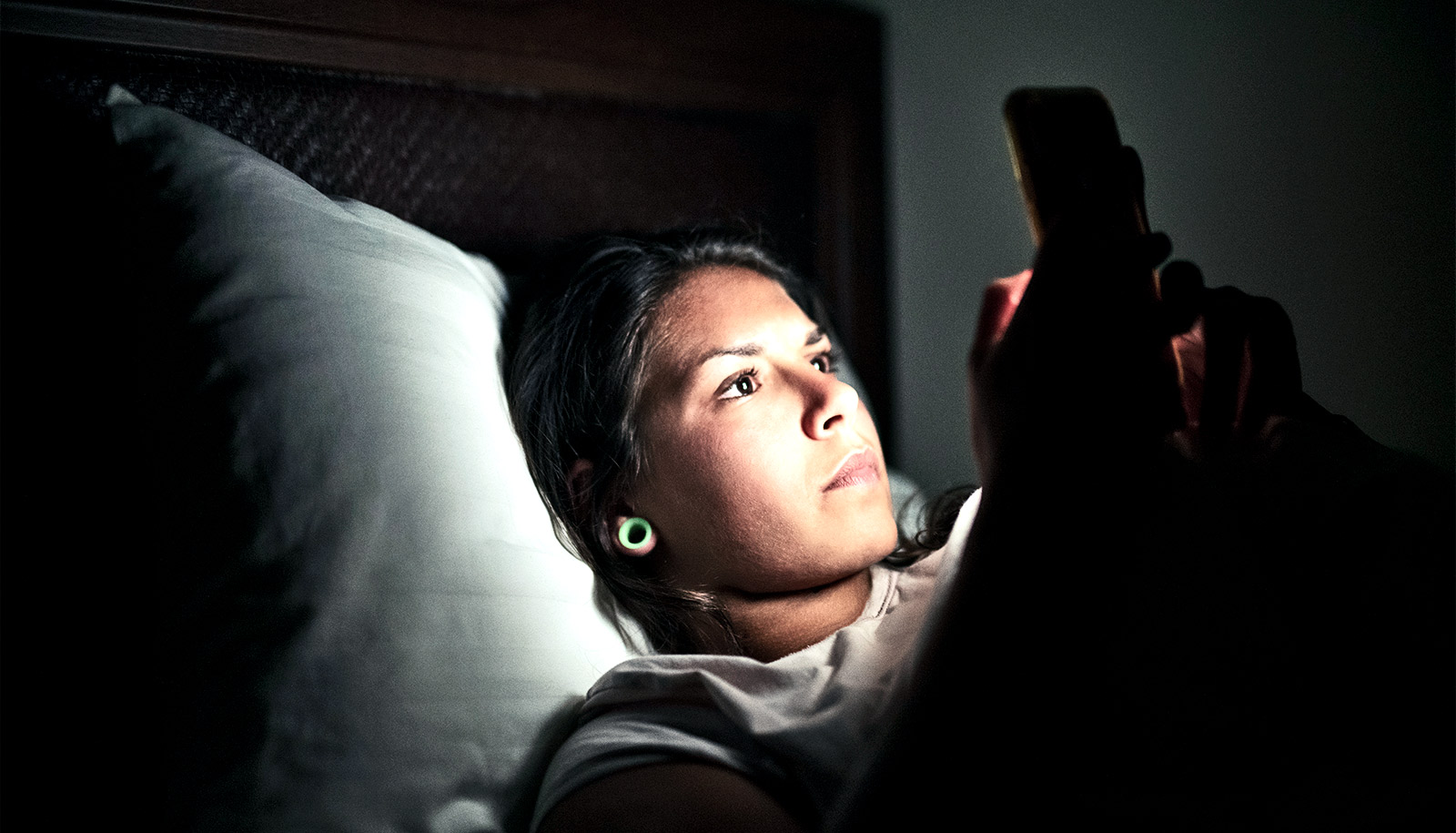People who get their news from social media are more likely to have misperceptions about COVID-19, according to a new study.
Those that consume more traditional news media have fewer misperceptions and are more likely to follow public health recommendations like social distancing, the researchers report.
In their study in Misinformation Review, researchers looked at the behavioral effects of exposure to misinformation by combining social media analysis, news analysis, and survey research.
They combed through millions of tweets, thousands of news articles, and the results of a nationally representative survey of Canadians to answer three questions: How prevalent is COVID-19 misinformation on social media and in traditional news media? Does it contribute to misperceptions about COVID-19? And does it affect behavior?
“Platforms like Twitter and Facebook are increasingly becoming the primary sources of news and misinformation for Canadians and people around the world. In the context of a crisis like COVID-19, however, there is good reason to be concerned about the role that the consumption of social media is playing in boosting misperceptions,” says coauthor Aengus Bridgman, a PhD candidate in political science at McGill University.
The results show that, compared to traditional news media, false or inaccurate information about COVID-19 is circulated more on social media platforms like Twitter.
The researchers point to a big difference in the behaviors and attitudes of people who get their news from social media versus news media—even after taking into account demographics as well as factors like scientific literacy and socio-economic differences. Canadians who regularly consume social media are less likely to observe social distancing and to perceive COVID-19 as a threat, while the opposite is true for people that get their information from news media.
“There is growing evidence that misinformation circulating on social media poses public health risks,” says coauthor Taylor Owen, an associate professor at the Max Bell School of Public Policy.
“This makes it even more important for policy makers and social media platforms to flatten the curve of misinformation.”
Funding for the project came from the Department of Canadian Heritage’s Digital Citizens Initiative.
Source: McGill University



